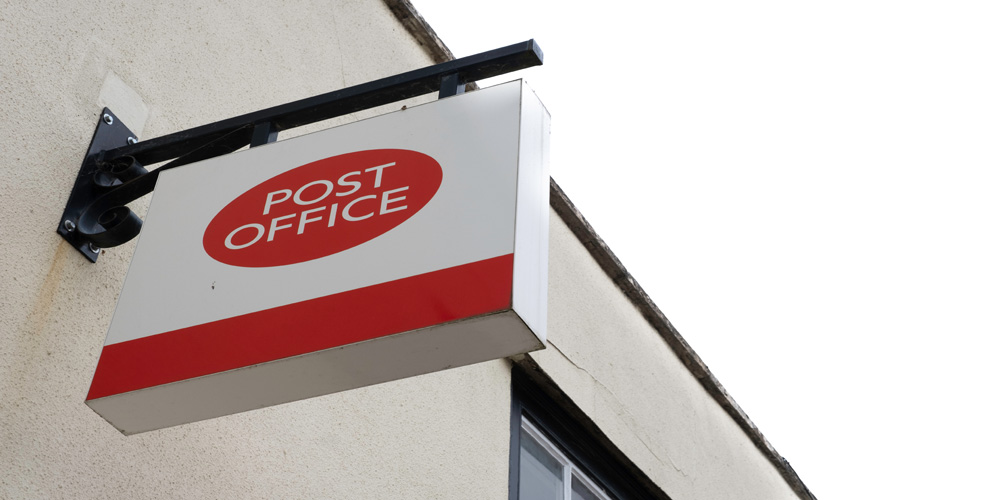Royal Mail Takeover by Czech Billionaire Approved
The sale of Royal Mail’s parent company to a Czech billionaire has been approved by the government. The £3.6bn takeover by Daniel Kretinsky’s EP Group has been given the go-ahead after agreeing “legally binding” undertakings.
The government will retain a so-called “golden share” that will require it to approve any major changes to Royal Mail’s ownership, HQ location and tax residency.
EP Group will also have to maintain the one-price-goes-anywhere Universal Service Obligation (USO), which currently means it has to deliver letters six days per week, Monday to Saturday, and parcels Monday to Friday.
Mr Kretinsky told the BBC earlier this year that he would honour the USO – in whatever form it takes – “for as long as I am alive”.
The USO is currently under review, with Royal Mail suggesting to regulator Ofcom that reducing second class deliveries to every other weekday would save up to £300m a year and give the business “a fighting chance”.
Business Secretary Jonathan Reynolds said: “For too many years progress on securing a stable future at Royal Mail has stalled, but from day one we have been committed to providing a secure future for thousands of workers and customers.
He added the agreement was evidence of the government’s commitment to “working towards ensuring a financially stable Royal Mail with protected links between communities other providers can’t reach”.
Mr Kretinsky said the talks with the government had “resulted in unprecedented commitments and undertakings that demonstrate the high regard EP Group has for Royal Mail”.
“EP Group is a long term and committed investor with a mission to make Royal Mail a successful modern postal operator with high quality service and products for its customers,” he added.
The takeover is expected to be completed early next year.
EP Group has also made commitments to unions that include workers getting a 10% share of any dividends paid out to Mr Kretinsky, as well as the formation of a workers group that will meet monthly with the directors of Royal Mail to give employees a bigger voice on how it is run.
Mr Kretinsky had already offered the following guarantees in a bid to secure the deal:
>>> Not to raid the pension surplus
>>> Keeping the brand name and Royal Mail’s headquarters and tax residency in the UK for the next five years
>>> Respecting union demands for no compulsory redundancies to take place (until 2025)
In addition to owning 27% of West Ham United football club and 10% of Sainsbury, Mr Kretinsky’s companies also own a gas transmission service which still pipes much reduced levels of Russian gas to Europe, paid for and with the consent of the EU.
The takeover was called in for review under national security laws as it is considered vital national infrastructure.
Speaking in front of MPs in November, Reynolds had referred to Mr Kretinsky as a “legitimate business figure” whose alleged links to Russia had already been reviewed and dismissed when he became the biggest shareholder in the company nearly two years ago.
Royal Mail, which was split from the Post Office and privatised a decade ago, has seen its performance deteriorate in recent years, leading to heavy financial losses.
Customers have also complained about deliveries, with important medical appointments and legal documents not delivered on time.
Last week, Royal Mail was fined £10.5m by the regulator Ofcom for failing to meet delivery targets for first and second class mail.
Ofcom said Royal Mail’s poor service was “now eroding public trust in one of the UK’s oldest institutions”.
Royal Mail owner International Distribution Services (IDS) said externally it had carried out “substantial” reforms this year to try to drive improvements.
The volume of letters being posted in the UK has plummeted, with half the number being sent compared to 2011 levels.
Meanwhile, parcel deliveries have become more popular – and more profitable.
Parent company IDS made a small profit last year which was entirely generated by its German and Canadian logistics and parcels business, off-setting losses at Royal Mail.
Mr Kretinsky told the BBC he intends to invest heavily in the roll out of delivery lockers to make online deliveries more efficient as has happened across Europe.
